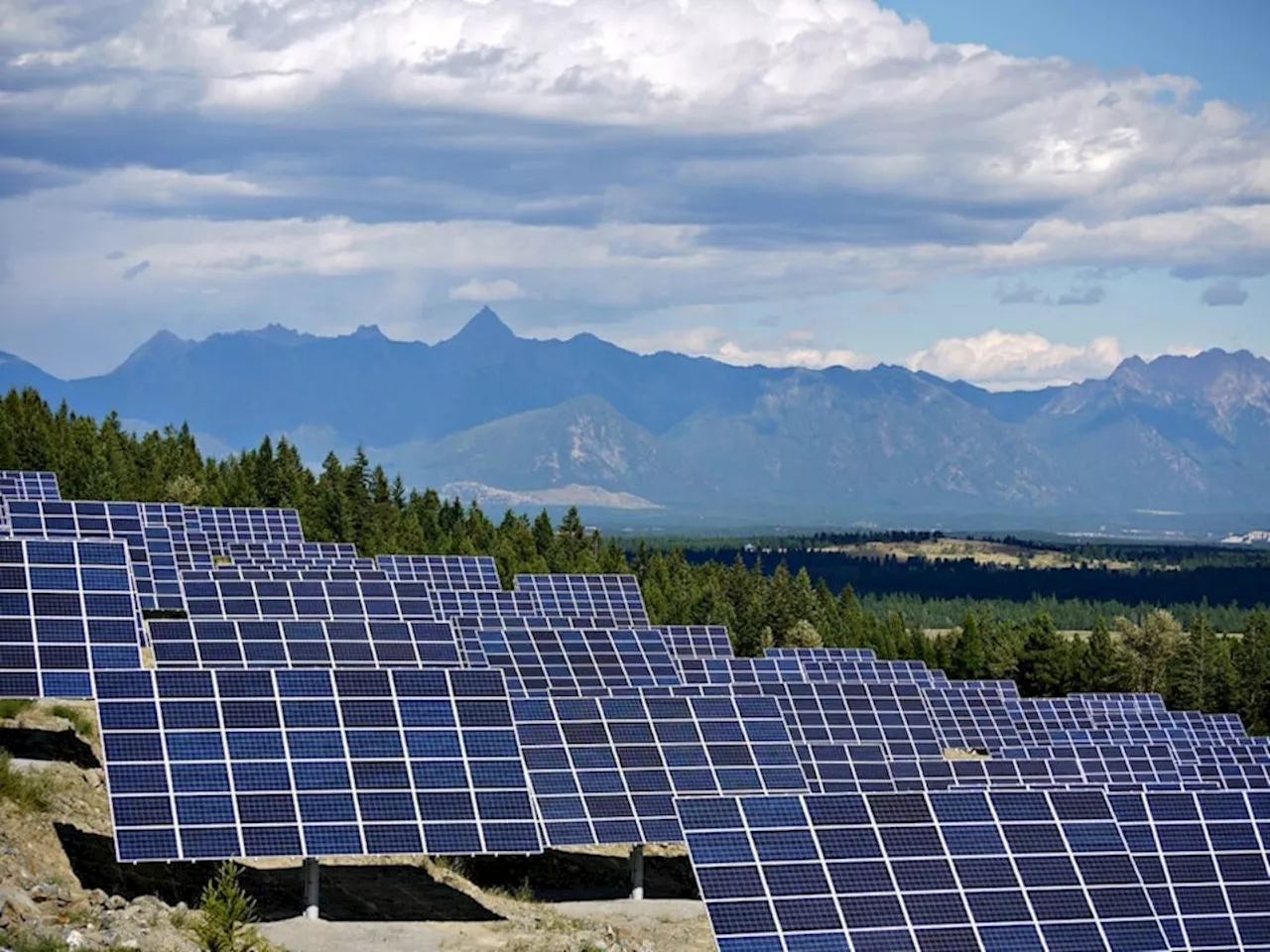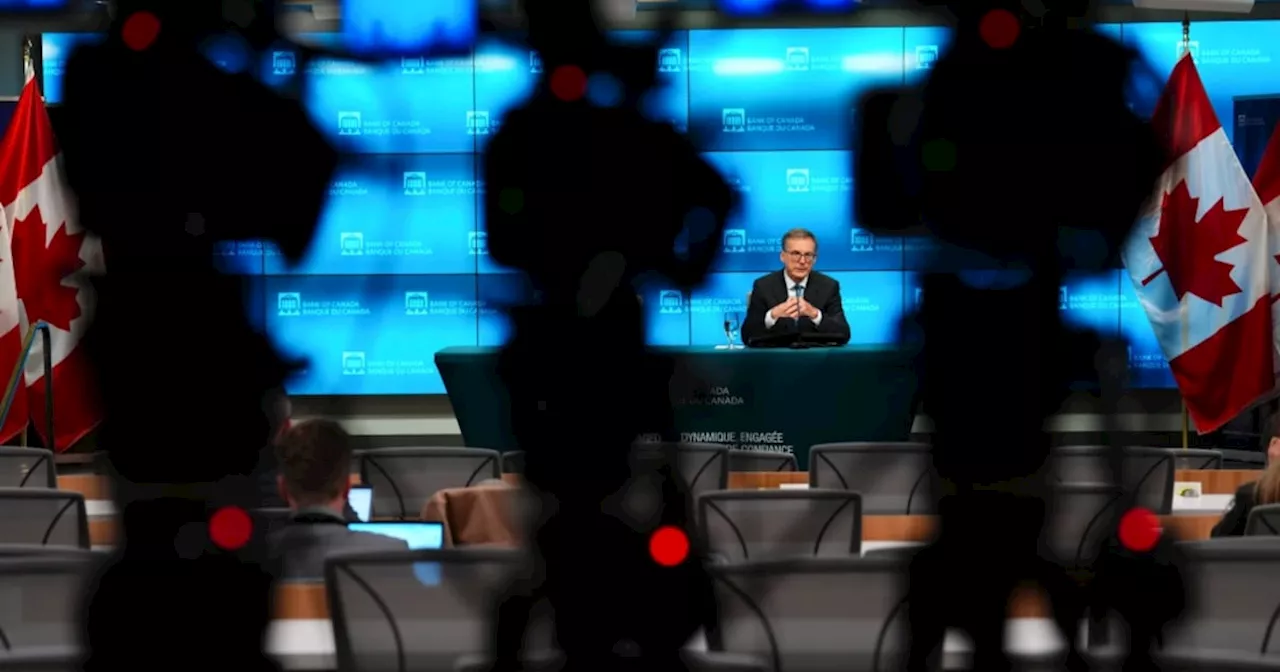Simon Fraser University researchers call for Canada to prioritize utility-scale solar projects, arguing they are vital for a successful transition to green energy. The report highlights the vast potential for solar energy across Canada and challenges the misconception that the country is unsuitable for large-scale solar installations.
Simon Fraser University's Clean Energy Research Group (CERG) is urging Canada to prioritize the development of utility-scale solar projects as a crucial step in its transition to green energy. These large-scale projects, combining solar power generation with battery storage technology, offer a highly efficient and sustainable energy solution.
Co-authors Anil Hira, director of CERG and a political science professor at SFU, and Prasanna Krishnan, a CERG team member and principal at Surya Energy Consulting, challenge the misconception that Canada is unsuitable for solar energy. Their research, published in Solar Compass in December 2024, highlights the vast potential of solar energy across various regions of Canada. Hira points to areas in the prairies, Ontario, and even parts of British Columbia as ideal locations for utility-scale solar installations. These provinces, according to a Government of Canada graphic, demonstrate significant photovoltaic potential, meaning they are capable of generating substantial amounts of energy from sunlight. Solar energy, Hira argues, offers multiple advantages over other renewable sources, such as its geographic flexibility, scalability, and decreasing costs. Over the past decade, the cost of installing solar panels has plummeted by an estimated 90 percent. While solar makes up roughly four percent of global electricity generation, its contribution in Canada remains paltry at just 0.5 percent. Addressing concerns about land use for large-scale solar projects, the authors suggest concentrating development in marginal areas with abundant sunlight and limited alternative uses. This approach, they believe, mitigates concerns about community acceptance and minimizes environmental impact. They cite the proposed Upper Nicola Band/Okanagan Nation Alliance utility-scale solar farm project in the interior as an example, where the project would be built on nearly 100 acres of underdeveloped land characterized by low-lying vegetation. Hira and Krishnan acknowledge the disparity in solar policy between Canada and other countries, particularly the United States. They lament the lack of robust lobbying efforts for solar energy in Canada compared to nations like Germany, where feed-in tariffs have fueled widespread solar adoption. Furthermore, they express concern about the potential for a setback in renewable energy progress under a possible Conservative government in Canada and a renewed Trump administration in the United States. While recognizing the environmental challenges associated with solar waste, they emphasize the urgency of transitioning away from fossil fuels, citing their detrimental effects on agriculture, climate change, and public health. Ultimately, they advocate for a shift in political will and public support towards embracing solar energy as a cleaner and more sustainable alternative
Solar Energy Renewable Energy Utility-Scale Projects Canada Environmental Transition Climate Change
Canada Latest News, Canada Headlines
Similar News:You can also read news stories similar to this one that we have collected from other news sources.
 Canada's Embrace of Celsius: A 50-Year JourneyThis article recounts Canada's transition to the metric system, focusing on the landmark decision to adopt Celsius for weather temperature in 1975. It explores the initial public resistance, the gradual acceptance, and the lasting impact of this change on daily life in Canada.
Canada's Embrace of Celsius: A 50-Year JourneyThis article recounts Canada's transition to the metric system, focusing on the landmark decision to adopt Celsius for weather temperature in 1975. It explores the initial public resistance, the gradual acceptance, and the lasting impact of this change on daily life in Canada.
Read more »
 Unlocking Solar Potential in British Columbia: A Call for Utility-Scale ProjectsResearchers from Simon Fraser University argue that British Columbia's northwest region holds significant untapped potential for solar energy. They advocate for the development of utility-scale solar projects to accelerate Canada's transition to green energy, emphasizing the benefits of solar energy diversification, reduced reliance on hydro power, and the potential for pumped hydro storage solutions.
Unlocking Solar Potential in British Columbia: A Call for Utility-Scale ProjectsResearchers from Simon Fraser University argue that British Columbia's northwest region holds significant untapped potential for solar energy. They advocate for the development of utility-scale solar projects to accelerate Canada's transition to green energy, emphasizing the benefits of solar energy diversification, reduced reliance on hydro power, and the potential for pumped hydro storage solutions.
Read more »
 Canada's Inflation Eases, But Bank of Canada Faces Tough Trade-OffCanada's inflation rate dipped in December, but a leading economist warns that the Bank of Canada will likely prioritize stimulating the economy over immediate inflation control, given the looming threat of US tariffs and slowing growth.
Canada's Inflation Eases, But Bank of Canada Faces Tough Trade-OffCanada's inflation rate dipped in December, but a leading economist warns that the Bank of Canada will likely prioritize stimulating the economy over immediate inflation control, given the looming threat of US tariffs and slowing growth.
Read more »
 New Canada coach Casey Stoney recalls past encounters with Canada on the pitchNew Canada women's coach Casey Stoney has vivid memories of facing Canada on the football pitch. At the 2012 London Olympics, Stoney experienced the high of captaining Britain to a 1-0 win over Brazil before a crowd of 70,584 at Wembley Stadium.
New Canada coach Casey Stoney recalls past encounters with Canada on the pitchNew Canada women's coach Casey Stoney has vivid memories of facing Canada on the football pitch. At the 2012 London Olympics, Stoney experienced the high of captaining Britain to a 1-0 win over Brazil before a crowd of 70,584 at Wembley Stadium.
Read more »
 New Canada Coach Casey Stoney Remembers Tough Battles Against Team CanadaCasey Stoney, the newly appointed coach of the Canadian women's national soccer team, recalls her past encounters with Canada during her time playing for Great Britain. She vividly remembers both the exhilarating victory against Brazil at the 2012 London Olympics and the heartbreaking loss to Canada in the quarterfinals, which deeply affected her.
New Canada Coach Casey Stoney Remembers Tough Battles Against Team CanadaCasey Stoney, the newly appointed coach of the Canadian women's national soccer team, recalls her past encounters with Canada during her time playing for Great Britain. She vividly remembers both the exhilarating victory against Brazil at the 2012 London Olympics and the heartbreaking loss to Canada in the quarterfinals, which deeply affected her.
Read more »
 Canada Deploys Helicopters and Drones to Strengthen U.S.-Canada Border SecurityCanada is bolstering security along its border with the U.S. by deploying helicopters, drones, and advanced surveillance technology. Public Safety Minister David McGuinty announced these measures, citing a significant drop in illegal crossings since June 2024 due to visa restrictions.
Canada Deploys Helicopters and Drones to Strengthen U.S.-Canada Border SecurityCanada is bolstering security along its border with the U.S. by deploying helicopters, drones, and advanced surveillance technology. Public Safety Minister David McGuinty announced these measures, citing a significant drop in illegal crossings since June 2024 due to visa restrictions.
Read more »
